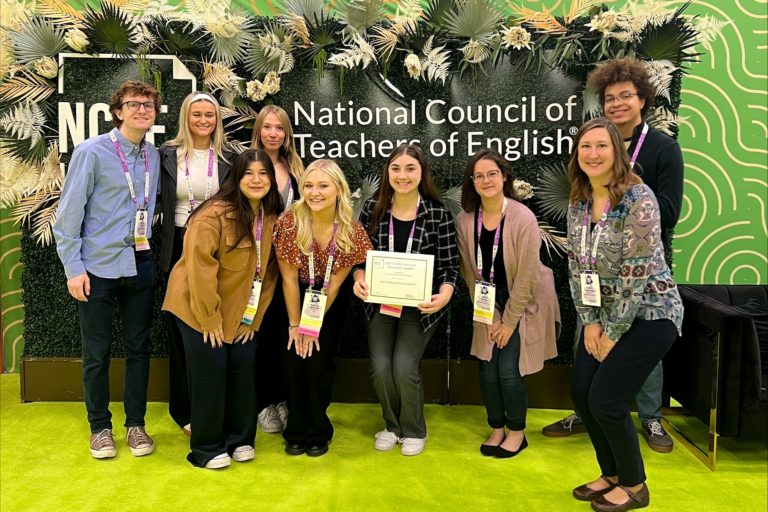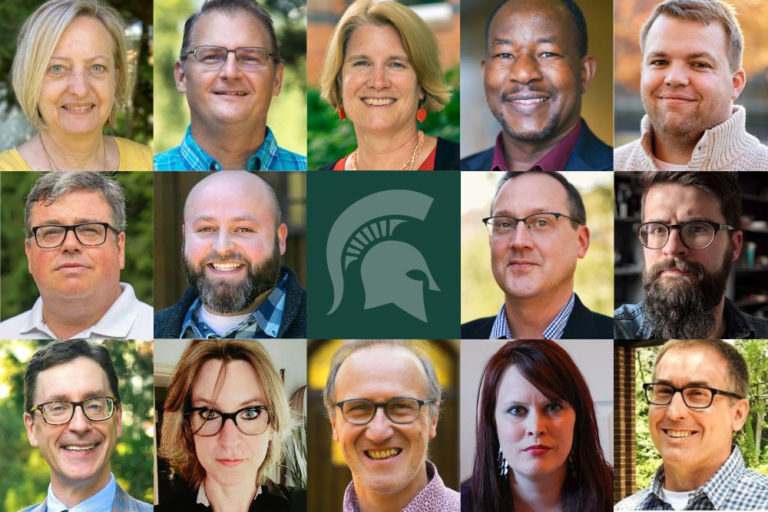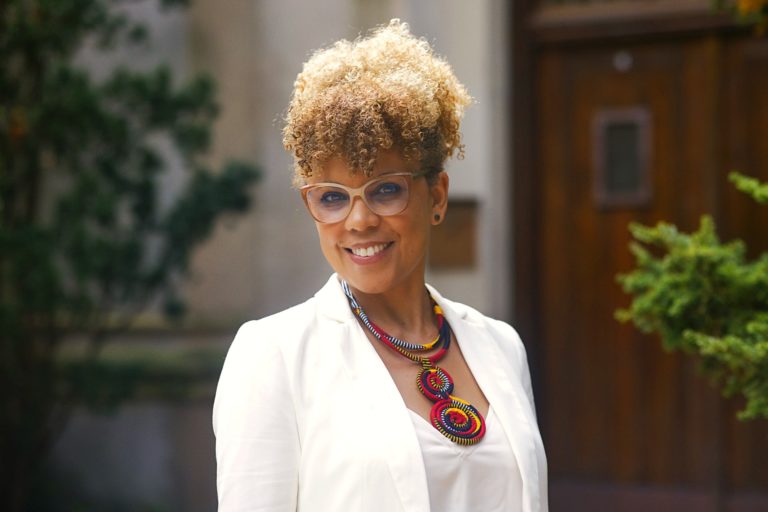Humanities Commons, an online open-source platform hosted and sustained by Michigan State University and used by thousands of humanities scholars and practitioners around the world, was awarded a three-year, $1,249,282 grant from the National Science Foundation (NSF) to establish a Commons that focuses on STEM (science, technology, engineering, mathematics).
Led by Kathleen Fitzpatrick, Director of Digital Humanities and Professor of English at Michigan State University, Humanities Commons facilitates communication and collaboration among humanities scholars and practitioners, enabling them to engage in discussions and to share articles, presentations, and other scholarly materials. Members also create online professional profiles to connect with others and to share their work more broadly.

Up until its introduction, there was nothing like Humanities Commons in the humanities field. Networks existed for sharing preprints and working papers in science and social science fields, but nothing like that in the humanities. Now six years after it was established in December 2016 by the Modern Language Association (MLA), Humanities Commons will expand its network with the DBER+ Commons, or Discipline-Based Education Research Plus, project.
“We are delighted by this opportunity to expand the features and functions that we provide to our existing users across the humanities, as well as to bring that network and its principles into conversation with STEM educators around the world,” Fitzpatrick said. “Together, we can build an even more robust infrastructure to support open science and open scholarship communities.”
“We are delighted by this opportunity to expand the features and functions that we provide to our existing users across the humanities, as well as to bring that network and its principles into conversation with STEM educators around the world.”
Dr. Kathleen Fitzpatrick
The NSF funding comes from the FAIROS RCN grant program that launched this year to invest in Findable, Accessible, Interoperable, Reusable Open Science (FAIROS) by supporting the formation and development of Research Coordination Networks (RCN) dedicated to those principles. Humanities Commons was one of 10 projects to receive an inaugural award with each project seeking to advance open-science efforts by focusing on building and enhancing coordination among researchers and other stakeholders to further Findable, Accessible, Interoperable, Reusable (FAIR) data principles.
Funding from the FAIROS RCN grant will be used for the DBER+ Commons project, which will extend the Humanities Commons system and create consensus around open science, FAIR, and CARE (Collective Benefit, Authority to control, Responsibility, Ethics) practices, principles, and guidelines for use in undergraduate, postbaccalaureate, graduate, and postdoctoral science education research activities.

Co-PIs on the DBER+ Commons project are MSU faculty working in STEM education research, including Julie Libarkin, Associate Dean for STEM Education Research and Innovation and Professor in the Center for Integrative Studies in General Science; Danny Caballero, Associate Professor in the Department of Computational Mathematics, Science, and Engineering; Shiv Karunakaran, Assistant Professor in the Department of Mathematics and the Program in Mathematics Education; and Tammy Long, Associate Professor of Plant Biology.
This research coordination network will engage the broader science education research community and aims to advance several areas of science education research outputs including quality control of metadata for research products, stewardship practices, interoperability, reproducibility, sustainability, equity, and democratization of access to research data.
Thanks to the support from the Mellon Foundation and the National Endowment for the Humanities (NEH), Humanities Commons has become an indispensable form of humanities infrastructure not only to scholars, practitioners, and the public but also to humanities organizations, which may receive dedicated, customized online space for member interaction. Organizations can create, host, and archive a wide variety of open-access publications and open educational resources with minimal financial investment. At the same time, Humanities Commons members may access all participating organizations to which they belong through a single sign-on mechanism.
Humanities Commons is open to anyone who is interested. There are no individual fees. You just need to create an account.
For more information, or to join Humanities Commons, visit the Humanities Commons website.


